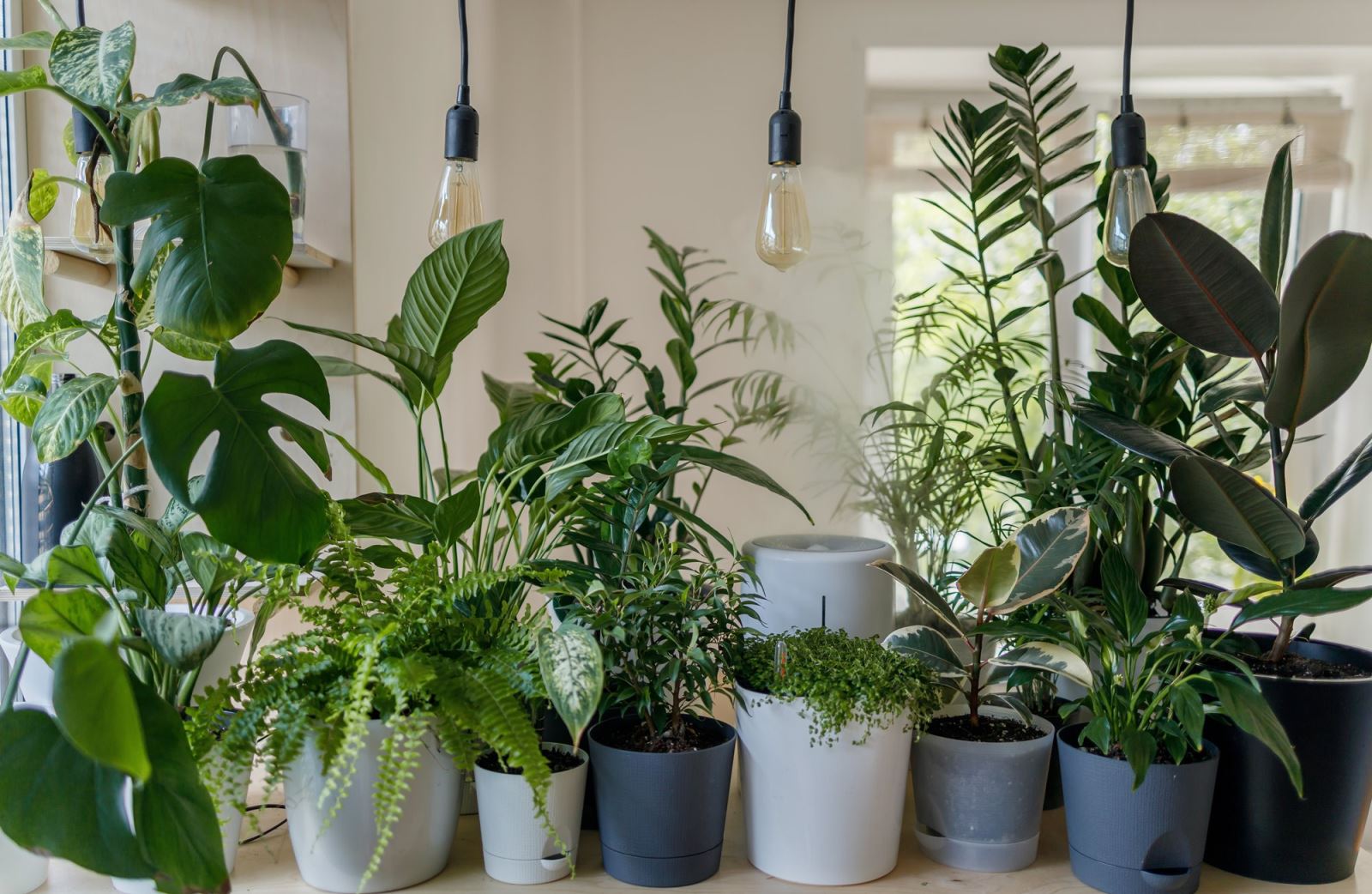Apartment Friendly Gardening Tips

Living in an apartment can feel a bit limiting when it comes to taking care of and maintaining plants, but it doesn’t have to be. In fact, it’s possible to keep your own little garden right in your windowsill. You just need to pick the right plants, have a few necessary supplies, and know the basics for plant care.
Types Of Plants
If you’re wanting to grow plants in your apartment, you’ll want to start off with the right type of plants. Not every plant can handle indoor life, but here are a few that will be perfectly happy on a windowsill or in a room that receives a moderate amount of light during the day.
-
Herbs – Herbs can be grown in small containers on your kitchen windowsill. Basil and mint are two very popular herbs to keep on hand for adding extra spice to your spaghetti or freshening up your morning drink. Most herbs just need a bit of water every now and then and some sunshine to keep them happy.
-
Tomatoes – The best thing about tomato plants is how versatile they can be. There are many varieties, and they can be eaten in either cooked or raw dishes. You’ll want a slightly larger pot for these plants due to their larger size in comparison to herbs, but they are wonderful to keep around and won’t take up more than a small corner in your apartment.
-
Peppers – Hot peppers are a great way to heat up any dish, and are actually reasonably easy to maintain. They grow well in pots, and if you care for them correctly, can produce peppers for you throughout the entire year.
-
Citrus – There are different kinds of citrus plants that stay relatively small. Meyer lemons and cumquats are two types that can do relatively well inside. They are still trees, but small ones, that can help to liven up your living room.
What You’ll Need
Now that you have an idea of what kind of plants will do well in your apartment, it’s time to make sure you have the proper equipment before you run out to your nearest nursery or home goods store to make a plant purchase.
-
Sunshine – Before any purchase, ensure your little plants will be able to get enough sunlight during the day. The typical plant that produces fruit or veggies of any kind needs at least 6 to 8 hours of sunlight every day. This could be light they get from a window or through a glass door to the outside.
-
Containers – You’ll want to make sure you have the right type of container for your new little plant. Find a pot with holes in the bottom for your plant to drain. If your pot retains too much water, it could cause the plant's roots to rot.
-
Soil – Plant types vary in the type of soil they need for healthy growth. Remember that the soil is important for giving your little plant nutrients to grow and produce. Just make sure to research your particular garden plants to make sure you’re potting them in the right kind of dirt.
-
Water – The important thing to remember with watering your plants is the access to water. If you keep your little home garden in a room in your house without a water faucet, then you’ll need to be okay with bringing water all the way to your plant everyday.
Care Instructions
Now that you’ve picked out your plants and considered the basics, it’s time to go over caring for your apartment garden. Here are a few tips that you’ll want to keep in mind.
-
Watering – The dirt in your pots will dry out quickly, so you’ll want to make sure you are regularly watering your plants. Depending on the plants, your little garden could need water a few times a week or even a few times a day. Learn about your plants to know what specific care they need to keep them healthy.
-
Feeding – Contrary to popular belief, plants do require and consume food. Plant food comes in many forms. Sometimes the soil you choose to pot your plants in is rich enough to give the nutrients that they need. Other times, you’ll need to get fertilizer or vitamins in addition to the water you give your plant.
-
Harvest – Once your plants start to produce fruits or veggies, you’ll want to make sure to harvest on time. Harvesting your plants at the right time can affect how they produce in the future. You’ll also want to learn about pruning your new little plant so it can continue to grow fruits or veggies for you.
-
Problems – Keep an eye on your plants for any possible problems. Plant problems can range from pests to common plant diseases. Watch for holes or discoloration of leaves, as this can be a common sign for most deteriorations or problems.
Whether you have a proven green thumb or just want to give gardening a try, don’t let living in an apartment stop you. Plants can grow almost anywhere (even in your rental!) and they tend to be heartier than the credit we give them. Good luck with your new little plants!
Contact us today
